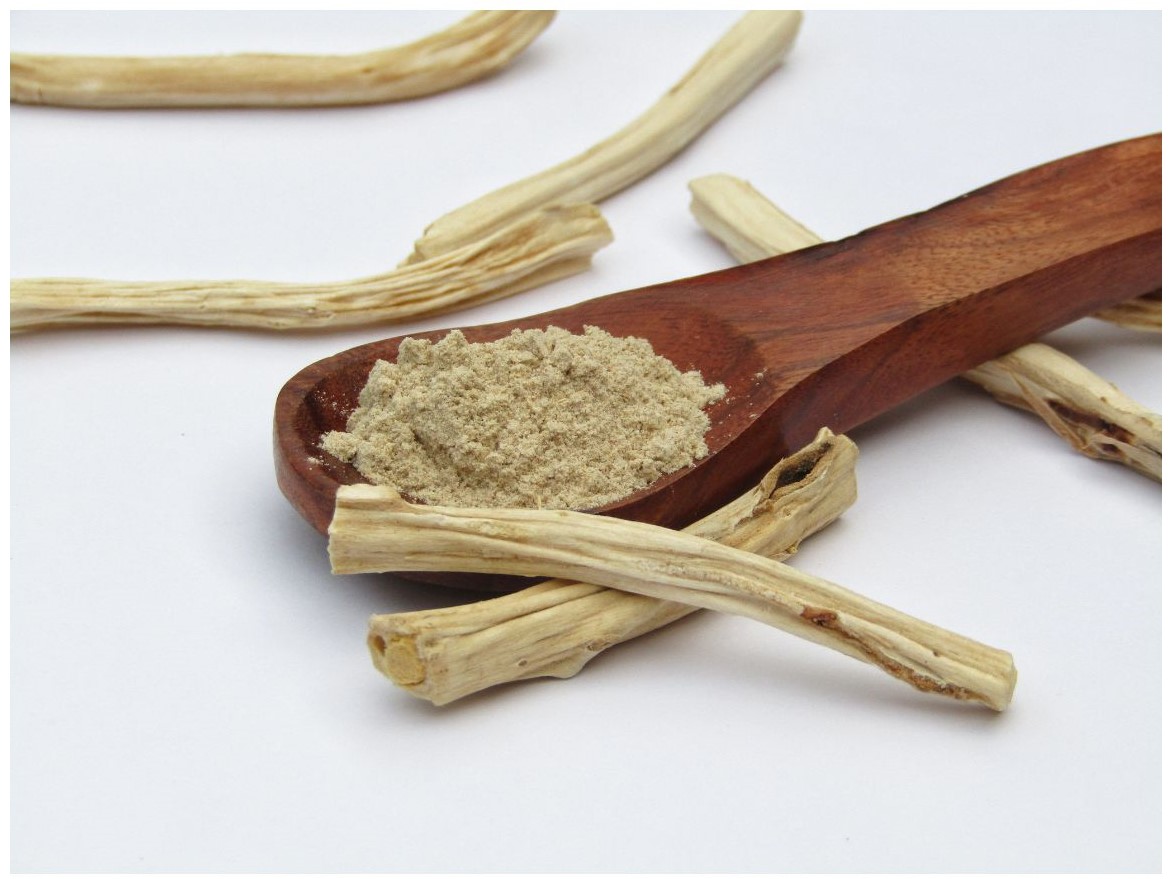Calming Practices in Eastern & Holistic Medicine for Fertility
In the quest to conceive, more people are turning to holistic and Eastern medicinal practices to complement their traditional fertility treatments or as standalone avenues to support natural conception.
This shift towards a more integrative and mindful healthcare approach reflects not only a growing trend in recent years but also the wisdom that these ancient practices may hold when it comes to nurturing fertility. This article will guide you through the holistic approaches and practices that are on the rise for fertility support.
Understanding Eastern and Holistic Medicine for Fertility
A Different Perspective on Fertility
Eastern and holistic practices emphasize the interconnectedness of body, mind, and spirit and seek balance as a means to enhance fertility.
In contrast to the often compartmentalized Western medical approach, Eastern and holistic modalities focus on the whole person, considering lifestyle, emotional well-being, and energy flow alongside physical health. While these practices have roots in ancient tradition, modern research is finally starting to validate their efficacy.
For example:
- Stress reduction and mindfulness techniques improved pregnancy outcomes, self-compassion, and emotional regulation (1).
- A diet rich in fertility-supportive nutrients results in a greater likelihood of healthy ovulation, which increases the odds of becoming pregnant (2).
- Just 3 sessions of acupuncture before and after embryo transfer significantly increased the pregnancy rates in women with unexplained infertility undergoing IVF (3).
- Yoga has been linked to improved fertility outcomes by reducing stress, balancing hormones, and increasing blood flow to the uterus (4).
Read more: Pregnancy Prep: Tips for Your Healthiest Baby
Eastern Practices for Fertility Support
Acupuncture
Acupuncture, an integral component of Traditional Chinese Medicine, involves the insertion of thin needles into specific points along energy meridians. It has a myriad of benefits for hormones, mood, inflammation, and stress—all of which can impact your ability to conceive.
Acupuncture also helps promote more predictable, regular ovulation, which is especially helpful if you have PCOS and may not be ovulating regularly (5). It can also reduce levels of pro-inflammatory markers that are common with conditions like endometriosis or PCOS (6).
If you’re undergoing IVF, acupuncture can also help there too—it’s been shown to reduce anxiety that often occurs before an embryo transfer (7).
Herbal Medicine

Herbal medicine, also from the TCM system, uses plant-based remedies to address underlying imbalances. Herbs to support fertility, ovulation, and conception for women include:
- Dong Quai: Known to support menstrual regularity, egg quality, and uterine health.
- Shatavari: An adaptogenic herb that may enhance fertility by promoting hormonal balance.
- Maca Root: May increase libido, sperm count, and overall reproductive health.
For balanced hormones, try my formula, Hormone Helper, which is made with maca, inositol, & saw palmetto.
Herbal teas are also used to help support fertility goals. For example, the tea mixture of raspberry leaf, nettle, and red clover nourishes the uterus and promotes hormonal health.
However, it’s important to consult with a qualified practitioner before taking any herbal supplements, as they may interact with other medications or have contraindications for certain health conditions.
Mind-Body Techniques
Mind-body practices such as yoga and meditation are gaining popularity in the field of fertility support. One of the core principles of Eastern and holistic medicine is cultivating mind-body awareness. This involves tuning in to your body’s signals and addressing imbalances before they escalate into more significant health concerns.
Meditation can help reduce stress and improve overall well-being, which is essential for fertility. Studies have shown that regular meditation practice may regulate hormone levels, improve uterine blood flow, and increase pregnancy rates in women (1).
Listen: Suspect the stress of Superwoman Syndrome is harming your health? Here’s what to know
‘Fertility’ Yoga
Yoga, particularly its gentle and restorative forms such as Yin or fertility yoga, encourages mindfulness, relaxation, and the gentle opening of the body’s energy pathways.
Yoga can be beneficial for both physical and emotional health, as certain poses may stimulate reproductive organs, increase blood flow to the pelvis, and relieve stress (8).
Dietary Changes
In Eastern and holistic medicine, food is viewed as medicine. Eating a balanced, nutritious diet can support fertility by promoting optimal hormone levels and maintaining a healthy weight.

Some fertility-boosting foods include:
- Leafy greens: Rich in folate, which may improve ovulation and reduce the risk of birth defects.
- Complex carbohydrates: Provides sustained energy and supports hormonal balance.
- Healthy fats: Essential for hormone production and reproductive health.
- Antioxidant-rich fruits and vegetables: May improve sperm quality and egg health.
It’s also important to limit or avoid alcohol, excessive caffeine, ultra-processed foods, and environmental toxins, which negatively impact fertility.
Read: 5 Steps to Get Pregnant If You Have PCOS
Stress Relief is Key
The path to pregnancy can be fraught with emotional and physical stress, which can, in turn, affect fertility. Eastern and holistic practices focus on calming both the mind and body, creating an internal environment that is more conducive to conception.
Acupuncture sessions, for example, are often described as deeply relaxing, and the same can be said for the meditative states achieved through yoga and mindfulness. Managing stress while trying to conceive is crucial, as stress hormones can disrupt ovulation and interfere with hormone balance.
The Importance of a Holistic Approach
A holistic approach to fertility goes beyond just incorporating alternative treatments. It encompasses healthy lifestyle choices, supportive emotional practices, and an understanding of the complex interplay between various factors that can influence fertility. By adopting this broader perspective, I hope you can take an active role in your fertility, allowing for a more integrated and personally fulfilling path to parenthood.
